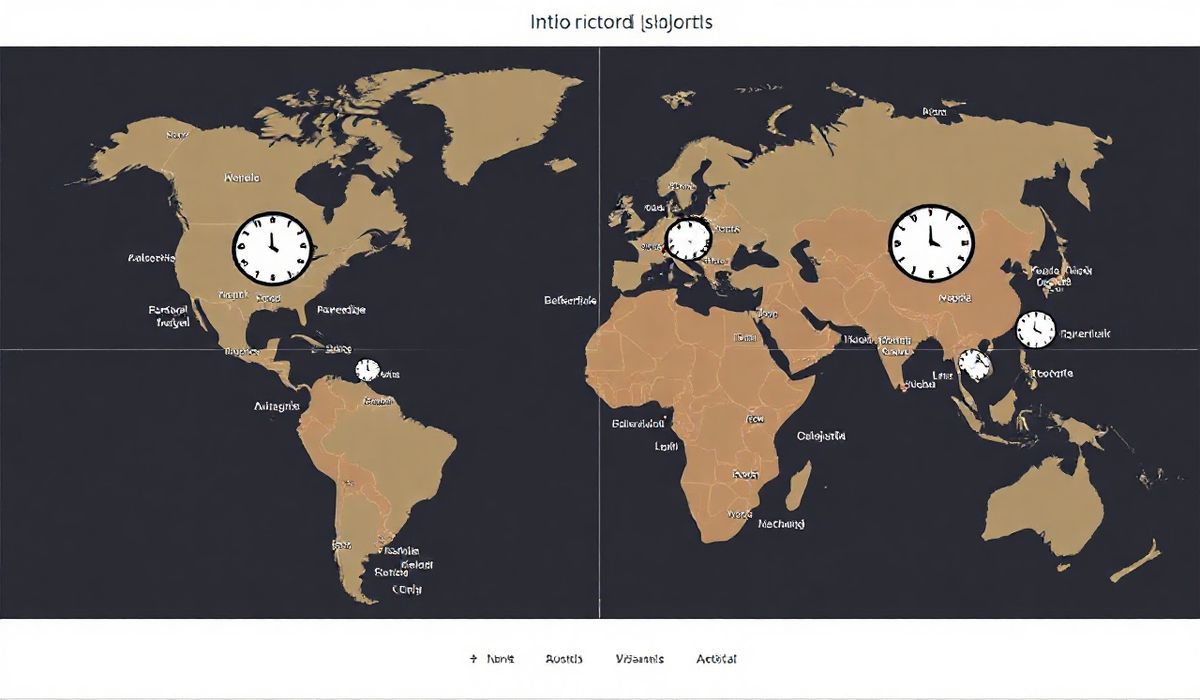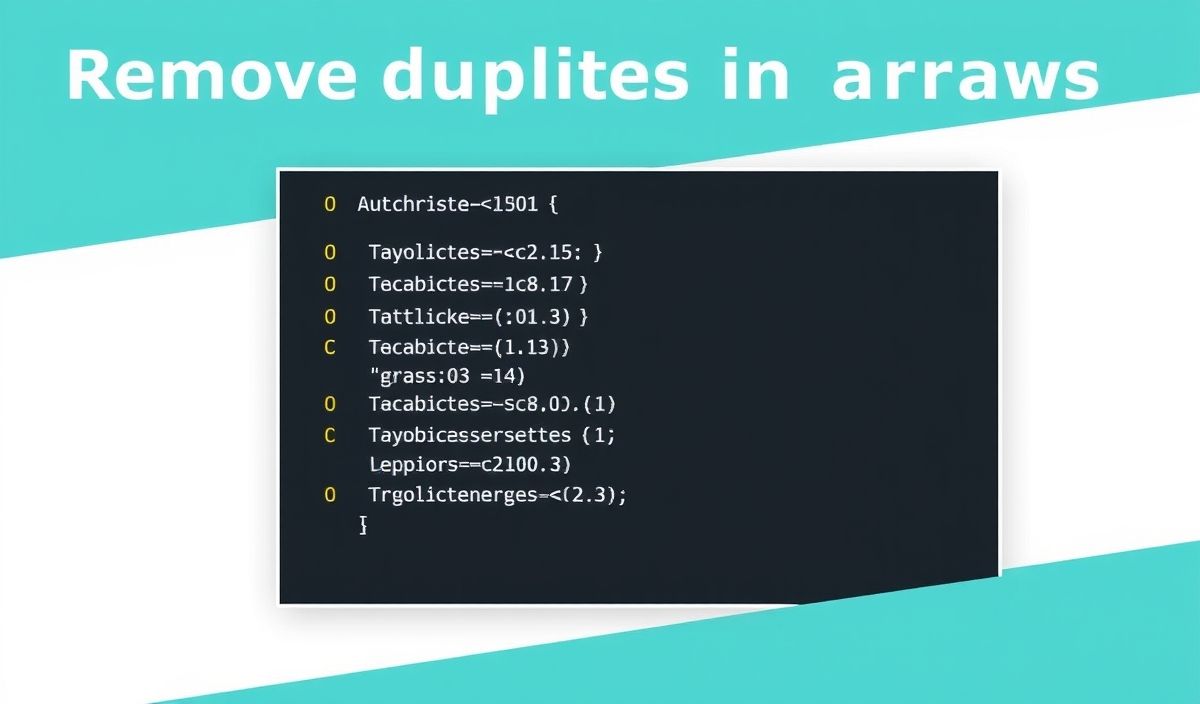Introduction to the pytz Library
Python’s pytz library is a powerful tool for handling time zones effectively. Time zone management can often be complex, but pytz simplifies the process by providing accurate timezone calculations along with support for daylight saving time transitions. Whether you’re building a scheduling application, processing timestamps in different regions, or analyzing global datasets, pytz is an essential library for working with time zones in Python.
Installing pytz
Before using pytz, ensure you have it installed. You can install it with pip:
pip install pytz
Key APIs of pytz with Examples
Getting All Time Zones
You can retrieve a list of all time zones supported by pytz:
import pytz
for timezone in pytz.all_timezones[:10]: # Display the first 10 time zones
print(timezone)
Getting Common Time Zones
Sometimes, you don’t need exhaustive time zones. Use pytz.common_timezones to get a simpler list:
import pytz
for timezone in pytz.common_timezones[:10]:
print(timezone)
Localizing a Naive Datetime
When working with naive datetime objects (those without time zone information), you can use pytz.timezone along with localize() to set a specific time zone:
from datetime import datetime
import pytz
naive_datetime = datetime(2023, 10, 1, 12, 0)
timezone = pytz.timezone("Asia/Kolkata")
localized_datetime = timezone.localize(naive_datetime)
print("Localized Datetime:", localized_datetime)
Converting between Time Zones
Converting a datetime from one time zone to another is a common task:
from datetime import datetime
import pytz
initial_timezone = pytz.timezone("UTC")
target_timezone = pytz.timezone("America/New_York")
naive_datetime = datetime(2023, 10, 1, 12, 0)
localized_datetime = initial_timezone.localize(naive_datetime)
converted_datetime = localized_datetime.astimezone(target_timezone)
print("Converted Datetime:", converted_datetime)
Handling Daylight Saving Time
pytz automatically manages daylight saving time transitions:
from datetime import datetime
import pytz
timezone = pytz.timezone("Europe/London")
dst_start = datetime(2023, 3, 26, 1, 0)
dst_end = datetime(2023, 11, 5, 1, 0)
localized_start = timezone.localize(dst_start, is_dst=None)
localized_end = timezone.localize(dst_end, is_dst=None)
print("DST Start:", localized_start)
print("DST End:", localized_end)
Using UTC
UTC (Coordinated Universal Time) is the default universal time, handled seamlessly by pytz:
from datetime import datetime
import pytz
utc = pytz.UTC
naive_datetime = datetime(2023, 10, 1, 12, 0)
utc_datetime = utc.localize(naive_datetime)
print("UTC Datetime:", utc_datetime)
Example Application: Simple Time Zone Converter
Here’s an example of a Python application using pytz to convert times between two different time zones:
import pytz
from datetime import datetime
def time_zone_converter(datetime_str, input_tz, output_tz):
input_timezone = pytz.timezone(input_tz)
output_timezone = pytz.timezone(output_tz)
# Parse input datetime and localize
naive_datetime = datetime.strptime(datetime_str, "%Y-%m-%d %H:%M:%S")
localized_datetime = input_timezone.localize(naive_datetime)
# Convert to the target timezone
converted_datetime = localized_datetime.astimezone(output_timezone)
return converted_datetime
# Example usage
input_time = "2023-10-01 14:00:00"
input_zone = "Asia/Kolkata"
output_zone = "Europe/London"
result = time_zone_converter(input_time, input_zone, output_zone)
print("Converted Time:", result)
Conclusion
The pytz library is an essential tool for managing time zones in Python applications. From localizing datetime objects to handling complex daylight saving time transitions, pytz has the functionality required to make time zone handling straightforward and accurate. Whether you’re building a global app or processing time-sensitive data, pytz delivers reliability and ease of use every time.
Install pytz today and unlock the potential of seamless timezone handling in your Python projects!




